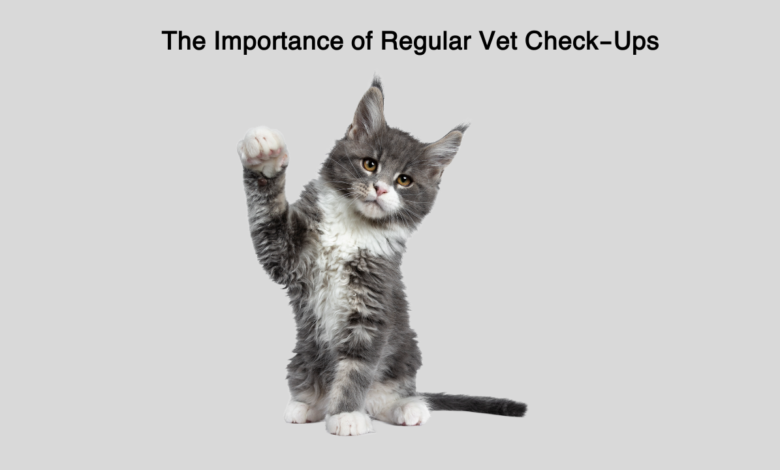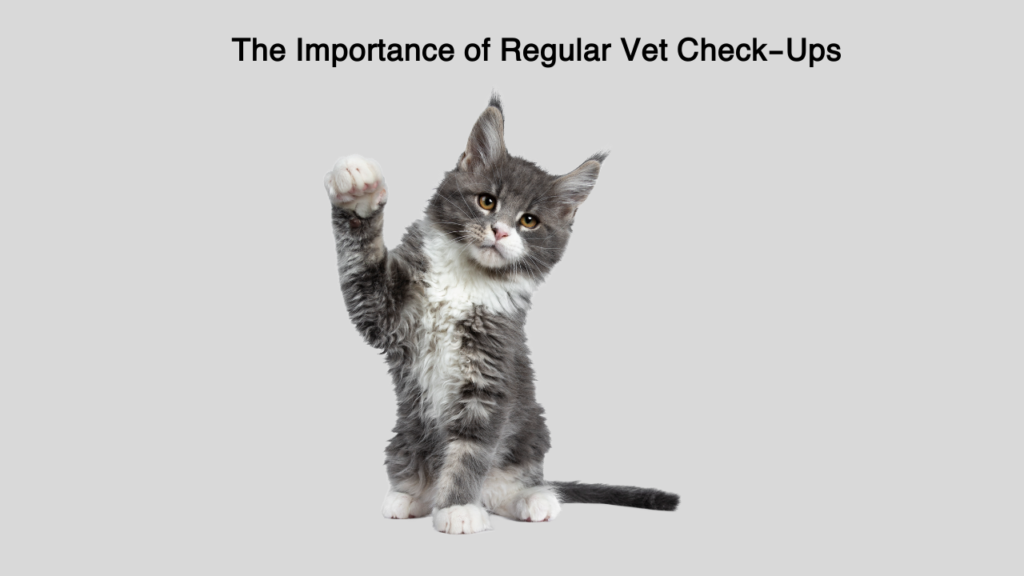
Proper nutrition is fundamental to the health and well-being of pets. Just like humans, pets require a balanced diet to maintain optimal health, prevent diseases, and ensure a long, happy life.

This comprehensive guide explores the essentials of pet nutrition, including the dietary needs of different pets, understanding pet food labels, and tips for maintaining a healthy diet for your furry companions.
Understanding the Basics of Pet Nutrition
- Nutritional Requirements:
- Pets need a balanced diet that includes proteins, carbohydrates, fats, vitamins, and minerals. Each nutrient plays a vital role in maintaining their health. For example, proteins are essential for muscle development, while fats provide energy and support cell function.
- Life Stage and Breed Considerations:
- The nutritional needs of pets vary based on their life stage (puppy/kitten, adult, senior) and breed. Puppies and kittens, for example, require more protein and calories to support growth, while senior pets may need fewer calories but more fiber.
- Special Dietary Needs:
- Some pets have specific dietary needs due to medical conditions, allergies, or sensitivities. Consulting with a veterinarian can help you determine the best diet for your pet’s unique needs.
Choosing the Right Pet Food
- Types of Pet Food:
- Dry Food: Convenient and cost-effective, dry kibble helps keep teeth clean but may lack moisture.
- Wet Food: Canned food is palatable and provides hydration but can be more expensive.
- Raw Food: Raw diets can mimic natural eating habits but require careful handling to avoid bacterial contamination.
- Homemade Diets: Preparing food at home allows control over ingredients but requires knowledge of balanced nutrition.
- Reading Pet Food Labels:
- Ingredients List: Look for high-quality, recognizable ingredients. Ingredients are listed by weight, so the first few items should be protein sources.
- Guaranteed Analysis: This section provides information on nutrient content, such as crude protein, fat, fiber, and moisture.
- Nutritional Adequacy Statement: Ensure the food meets the nutritional standards set by the Association of American Feed Control Officials (AAFCO) for your pet’s life stage.
- Avoiding Harmful Ingredients:
- Avoid foods with excessive fillers, artificial preservatives, colors, and flavors. Ingredients like BHA, BHT, ethoxyquin, and certain by-products can be harmful over time.
Feeding Guidelines
- Portion Control:
- Overfeeding can lead to obesity, while underfeeding can cause malnutrition. Follow the feeding guidelines on the pet food packaging and adjust based on your pet’s activity level, age, and metabolism.
- Feeding Schedule:
- Establish a regular feeding schedule. Most adult dogs do well with two meals a day, while puppies may require more frequent feedings. Cats can be free-fed or given multiple small meals throughout the day.
- Monitoring Weight and Health:
- Regularly monitor your pet’s weight and body condition. Adjust their diet if you notice significant weight gain or loss. Routine veterinary check-ups are essential for assessing overall health and nutritional needs.
Special Considerations for Different Pets
- Dogs:
- Dogs are omnivores and thrive on a balanced diet that includes meat, vegetables, and grains. Avoid feeding dogs chocolate, grapes, onions, and foods high in fat or salt, as these can be toxic.
- Cats:
- Cats are obligate carnivores, requiring a diet high in animal-based proteins. They need specific nutrients like taurine and arachidonic acid, which are found in meat. Avoid feeding cats dog food, as it lacks essential nutrients for felines.
- Small Mammals:
- Rabbits, guinea pigs, and hamsters have unique dietary needs. Rabbits and guinea pigs require a diet rich in hay, fresh vegetables, and fortified pellets, while hamsters benefit from a varied diet of grains, seeds, and vegetables.
- Birds:
- Birds need a balanced diet of seeds, pellets, fruits, and vegetables. Avoid feeding birds avocado, chocolate, and caffeine, as these can be toxic.
- Reptiles:
- Reptile diets vary widely based on species. Some reptiles are herbivores, while others are carnivores or omnivores. Research your specific reptile’s dietary needs and provide appropriate food items.
Homemade Diets and Supplements
- Preparing Homemade Meals:
- Homemade diets allow for control over ingredients but require careful planning to ensure nutritional balance. Consult a veterinarian or pet nutritionist to develop a suitable recipe.
- Supplements:
- Some pets may benefit from supplements like omega-3 fatty acids, glucosamine, or probiotics. Always consult with a veterinarian before adding supplements to your pet’s diet.
Treats and Snacks
- Healthy Treat Options:
- Choose healthy treats that complement your pet’s diet. Look for treats with high-quality ingredients and avoid those with excessive sugars or artificial additives.
- Portion Control with Treats:
- Treats should not make up more than 10% of your pet’s daily caloric intake. Over-treating can lead to weight gain and nutritional imbalances.
- Homemade Treats:
- Homemade treats can be a healthy and rewarding option. Simple recipes using pet-safe ingredients like sweet potatoes, apples, and lean meats can be nutritious and enjoyable for your pet.
Common Nutritional Myths
- Grain-Free Diets:
- While grain-free diets have gained popularity, they are not necessarily healthier for all pets. Some pets may benefit from grains, which can be a valuable source of nutrients.
- Raw Diets:
- Raw diets can offer benefits but also pose risks, such as bacterial contamination and nutritional imbalances. Proper handling and preparation are crucial.
- Human Food:
- Not all human foods are safe for pets. While some, like plain cooked chicken or carrots, can be healthy treats, others like chocolate, onions, and grapes can be toxic.
Addressing Common Dietary Issues
- Food Allergies and Sensitivities:
- Symptoms of food allergies or sensitivities include itching, gastrointestinal upset, and ear infections. An elimination diet can help identify the offending ingredient.
- Obesity:
- Obesity is a common issue in pets and can lead to serious health problems. Implement portion control, increase exercise, and choose low-calorie foods.
- Picky Eaters:
- If your pet is a picky eater, try offering a variety of high-quality foods and rotating proteins. Avoid feeding table scraps, which can encourage picky eating.
Conclusion
Proper nutrition is the cornerstone of a healthy, happy pet. Understanding your pet’s nutritional needs, choosing the right food, and maintaining a balanced diet are essential for their overall well-being. By staying informed and working closely with your veterinarian, you can ensure that your furry companion receives the best possible nutrition for a long and vibrant life. The effort you put into your pet’s diet will be rewarded with their improved health, happiness, and the joy they bring into your life.




